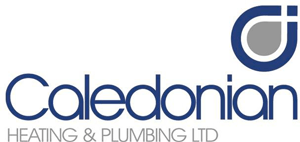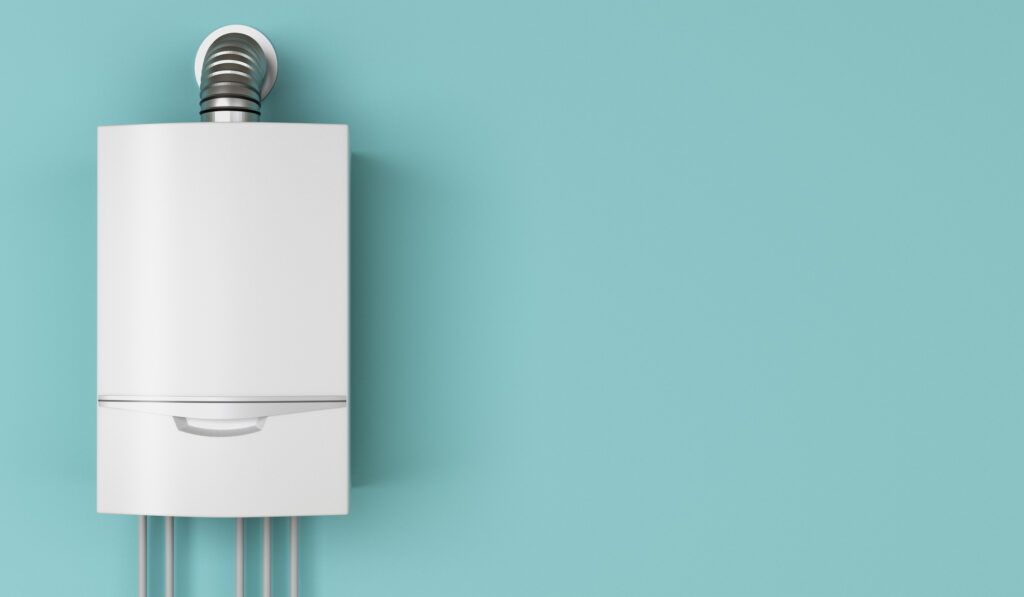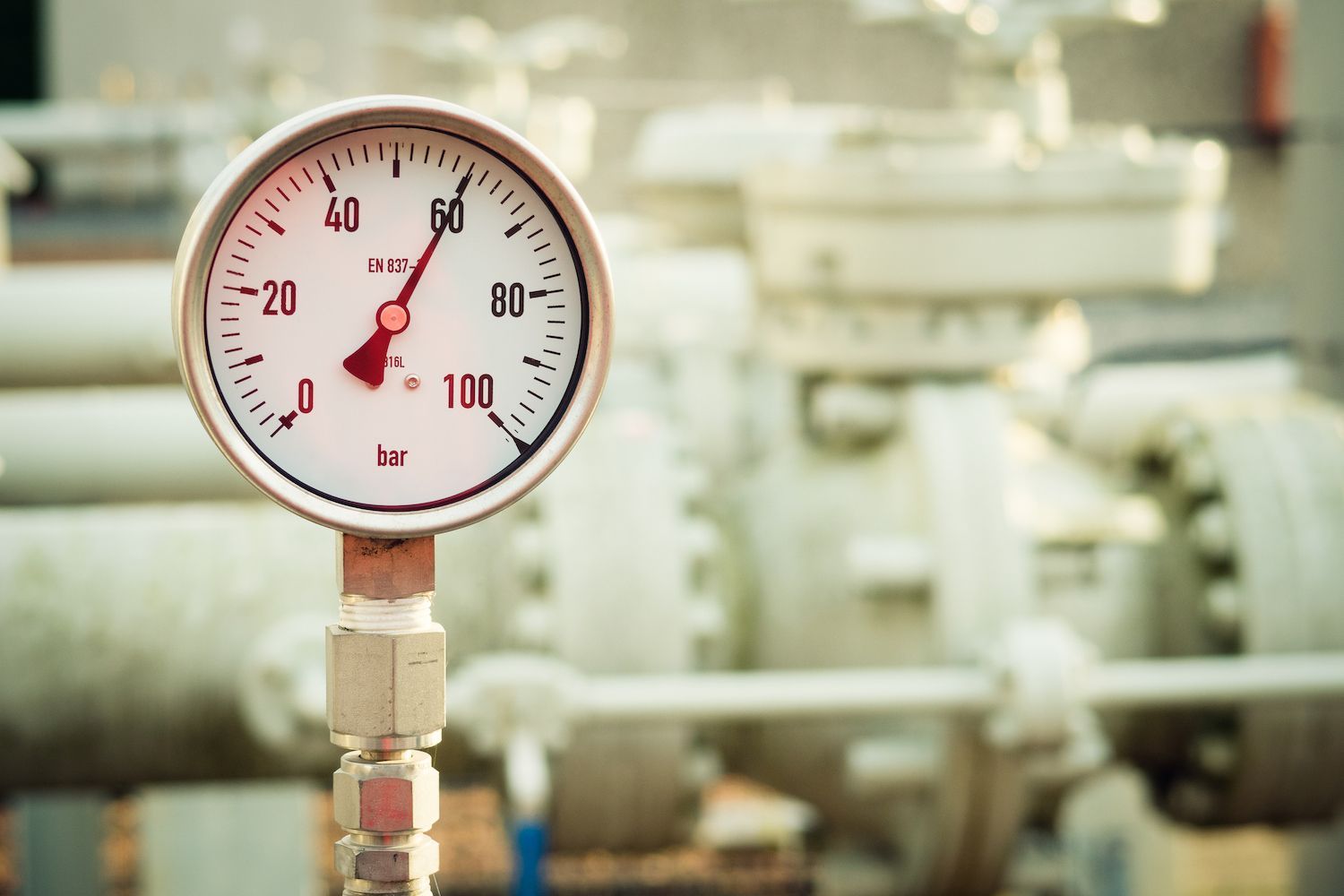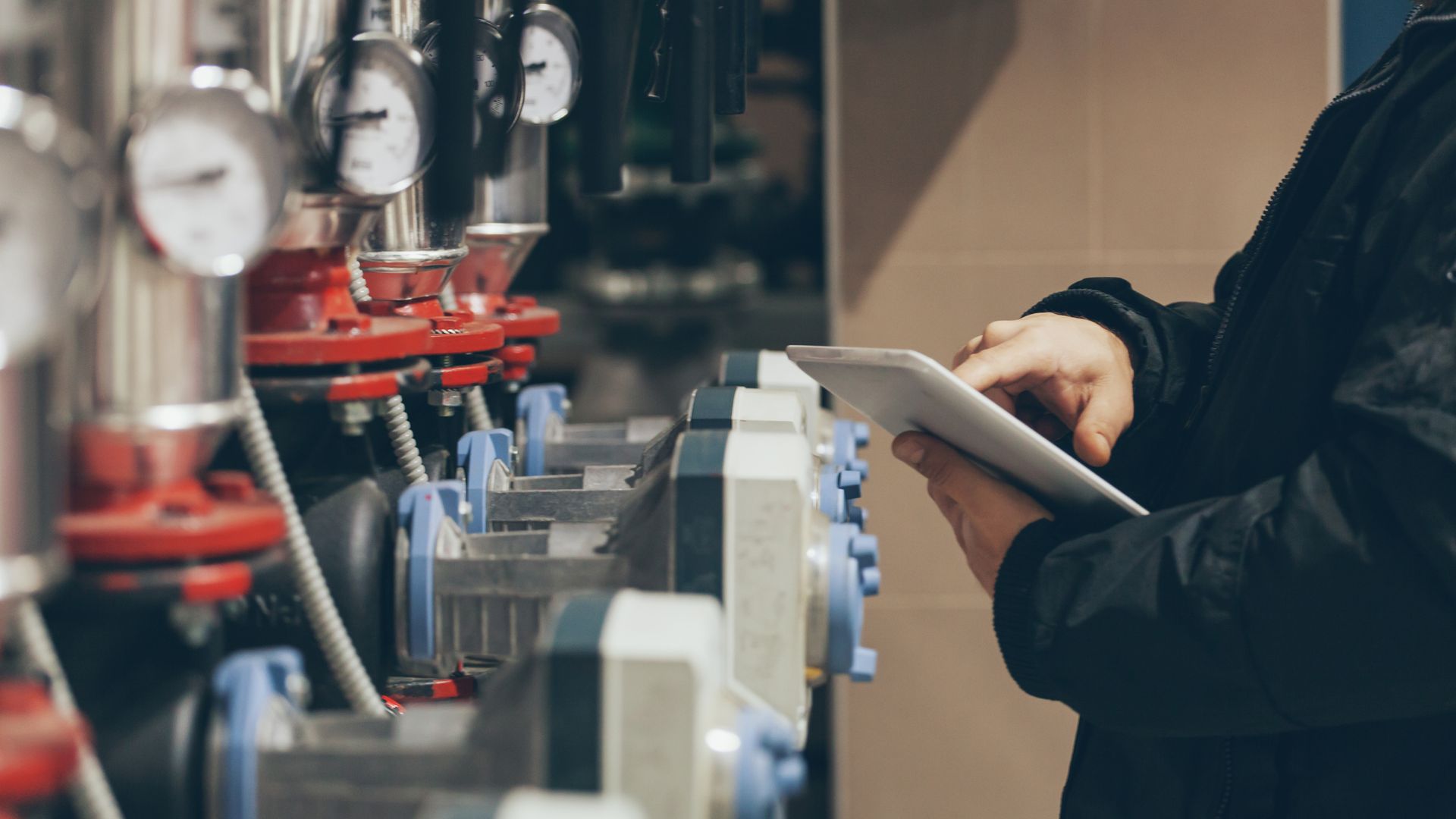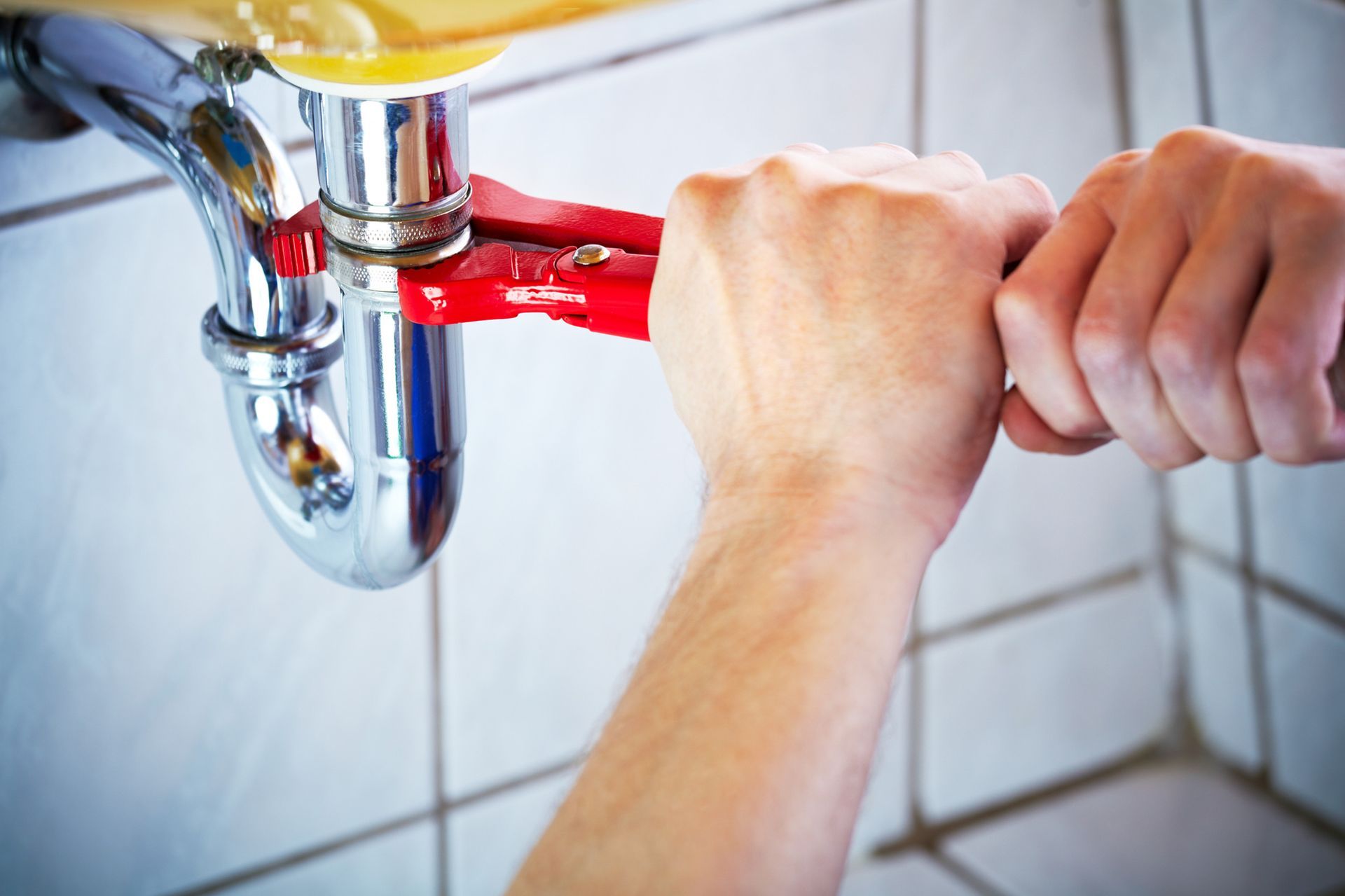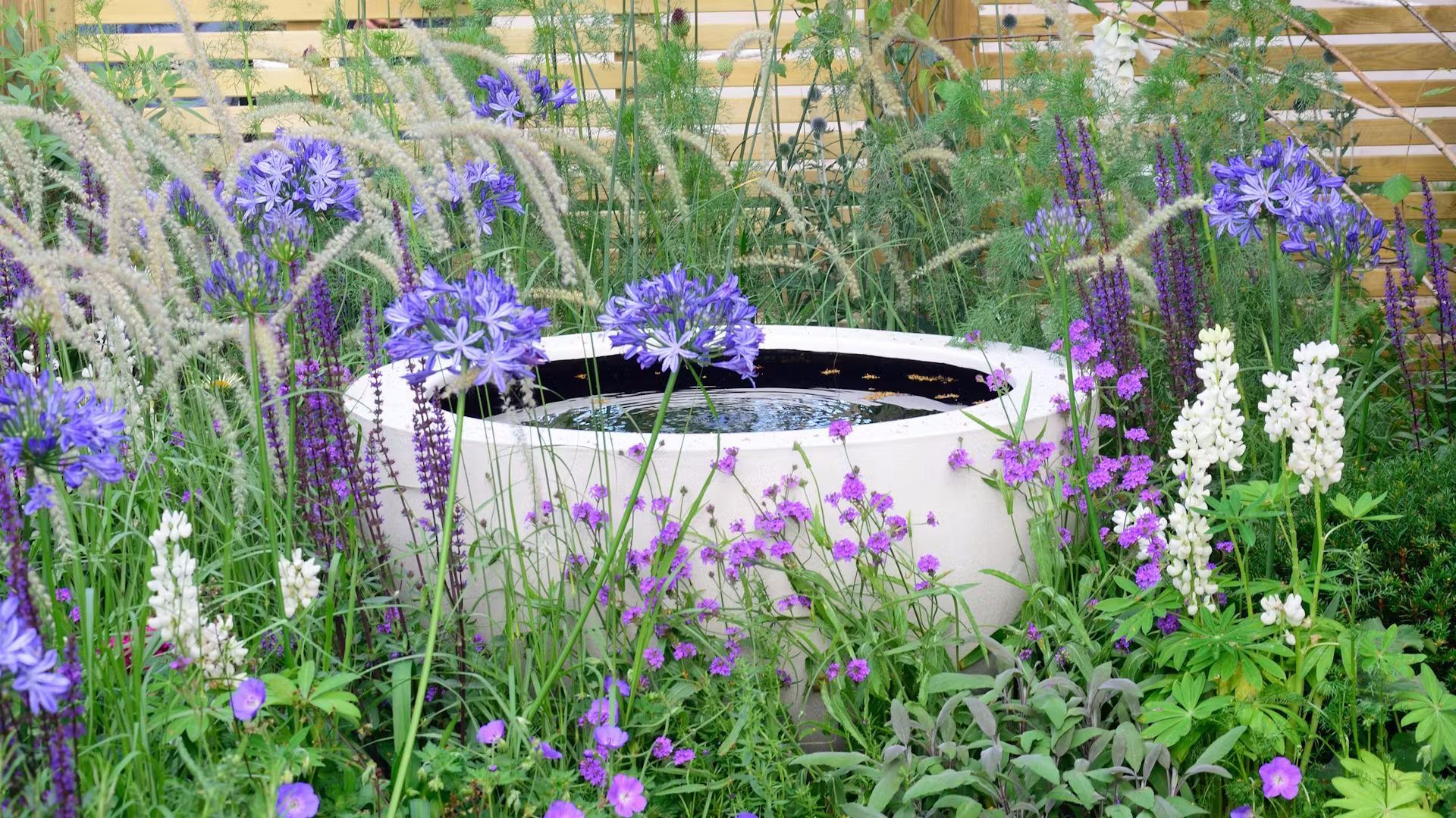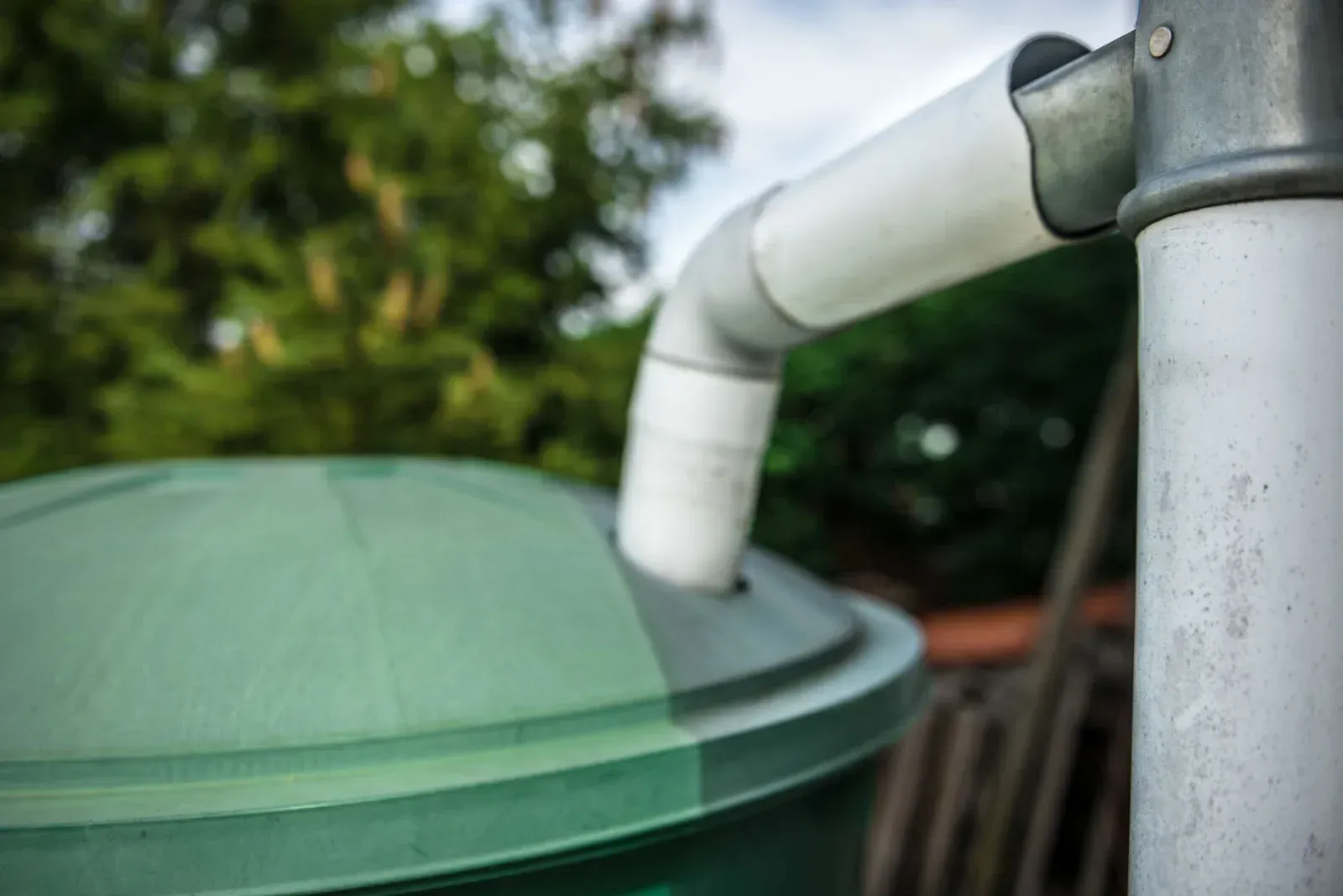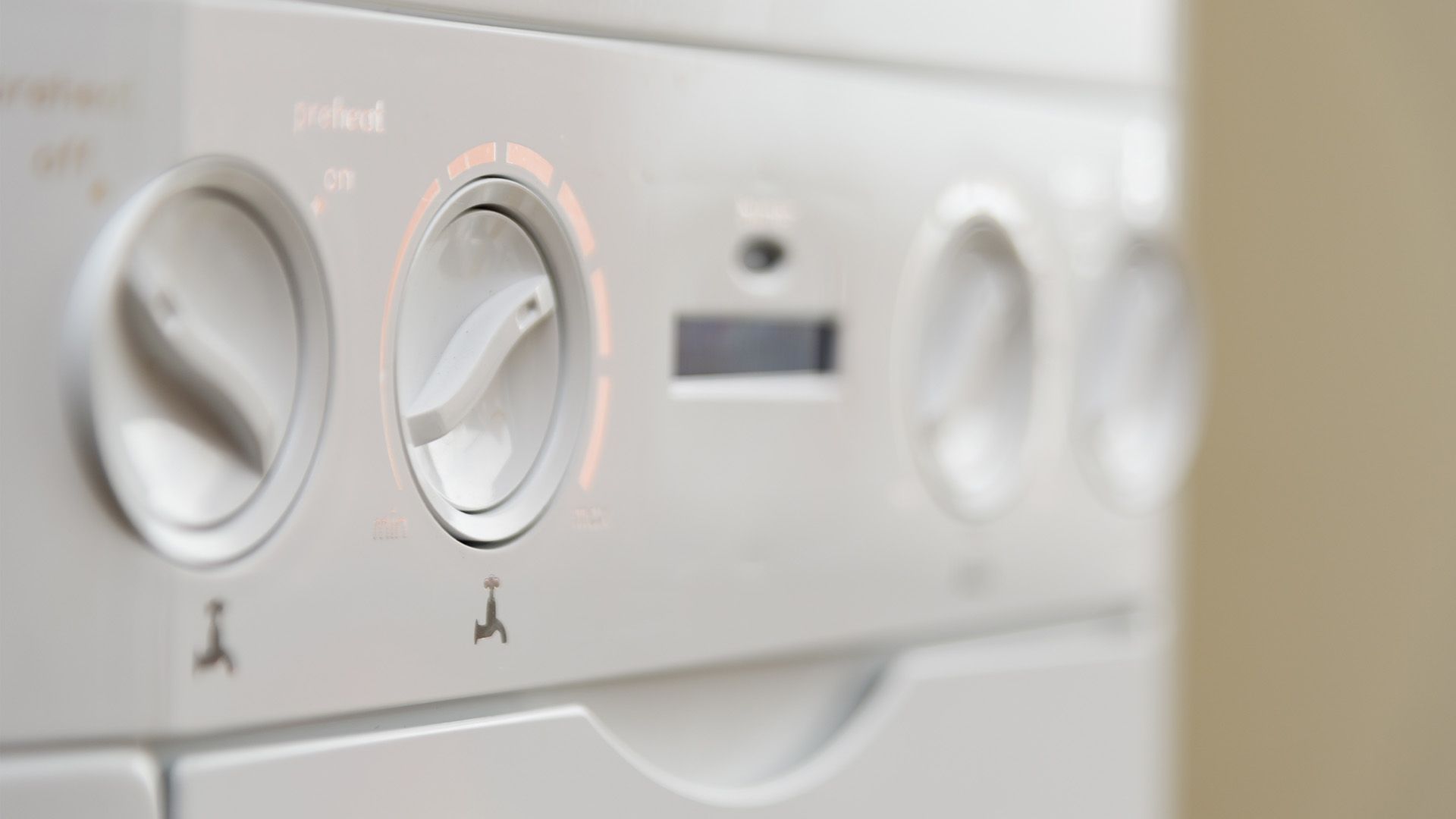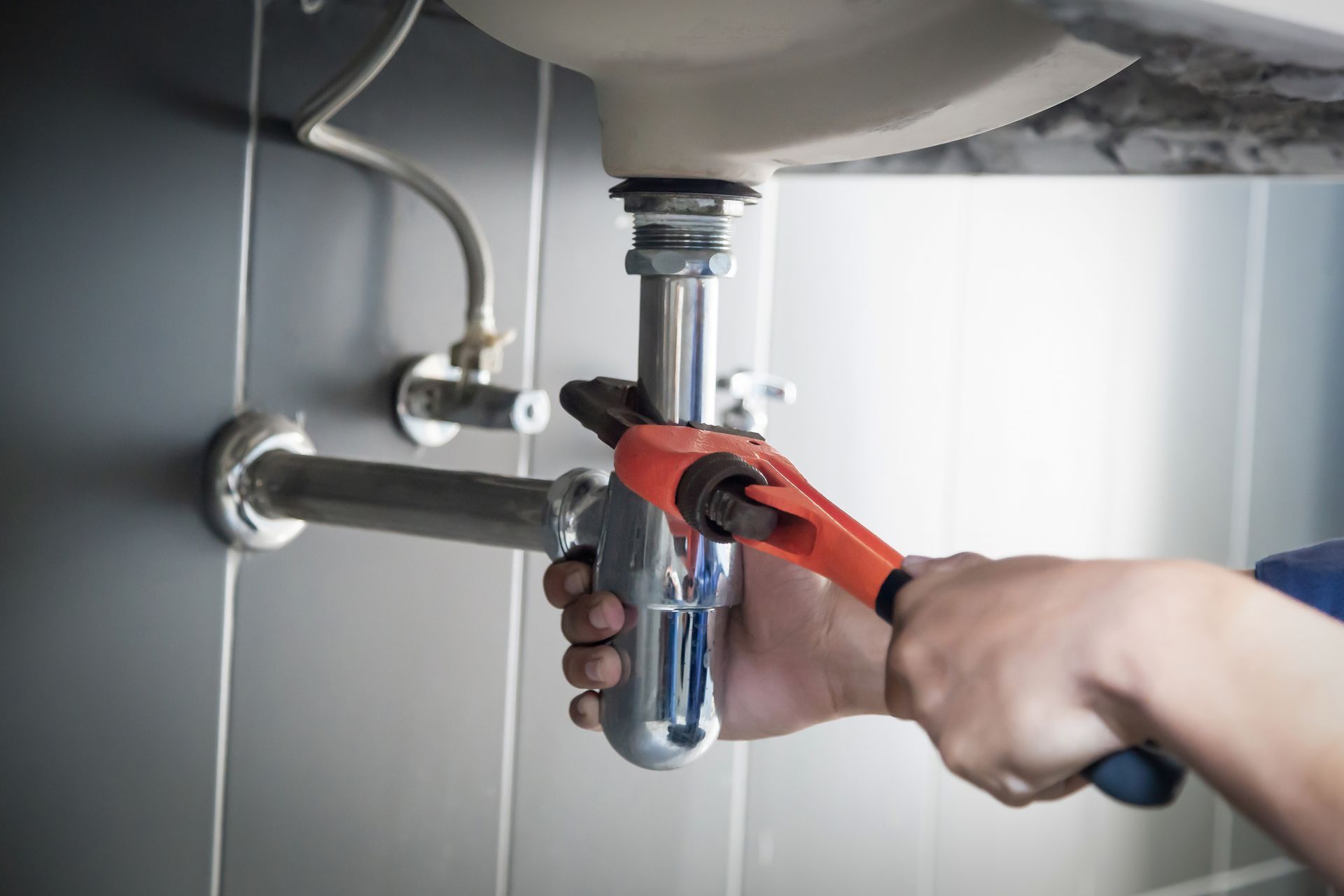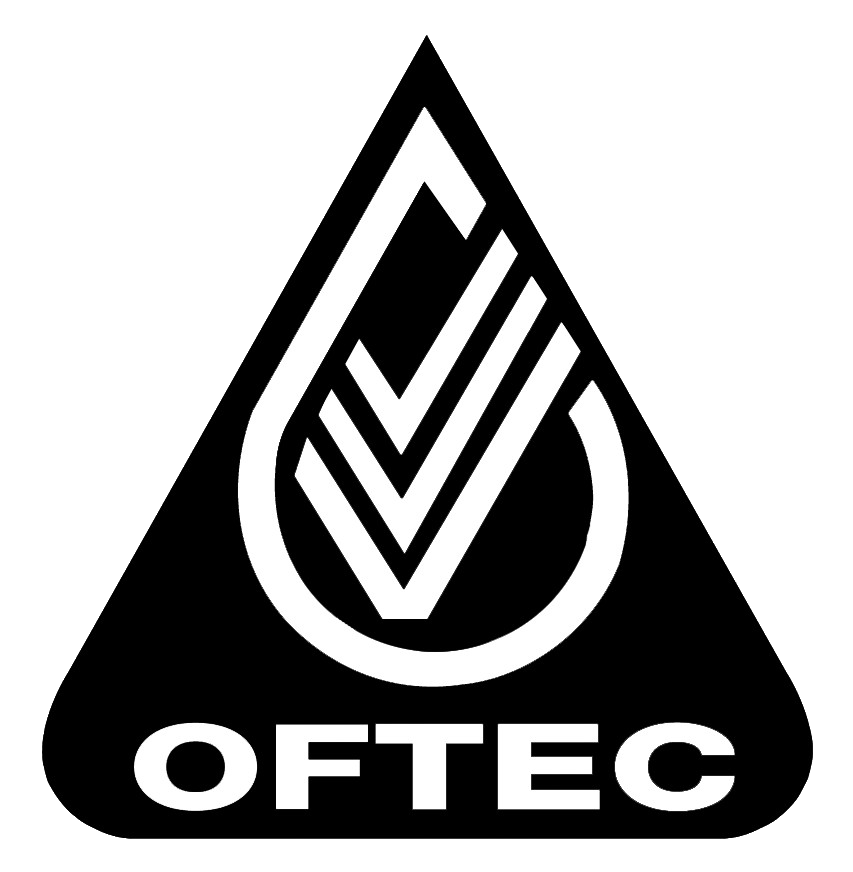The Difference Between Residential and Industrial Boilers
From schools and hospitals to hospitality venues, a lot of businesses use industrial boilers to power their buildings. But you might be wondering what the real difference between residential and industrial boilers is.
The main difference between domestic and industrial boilers comes down to their size and capacity. A boiler's kilowatt rating indicates its power and how many radiators and taps it can supply. Higher kW ratings mean the boiler is more powerful and can supply more fixtures.
Read on to learn more about the key differences between domestic and industrial boilers so you can decide which option is right for your business.
Size and Complexity
Domestic boilers are compact, typically fitting into small spaces such as utility cupboards or under stairs. They’re ideal for homes and smaller residential buildings.
Industrial boilers, on the other hand, are significantly larger and built to accommodate high-demand settings like factories or large commercial spaces. Their construction is more robust to withstand continuous operation and extensive usage, making them much larger and more complex systems.
Kilowatt Output
Domestic boilers typically operate with a kilowatt (kW) output between 24kW and 42kW, suited to the heating needs of family homes or small apartment buildings.
Industrial boilers, however, offer a much wider range of output, from 30kW to upwards of 13,440kW, providing the heating power necessary to maintain warmth in expansive spaces, often requiring constant and high levels of energy.
Heating Needs
Domestic boilers are tailored for residential needs, where heating can be adjusted based on occupancy and seasonal needs. They handle moderate heating needs efficiently and allow for flexible usage patterns.
In contrast, industrial boilers are designed to deliver continuous heating, often running 24/7 to maintain comfortable conditions for employees or temperature-sensitive operations. Industrial settings require consistent warmth across large spaces, a demand that domestic boilers would struggle to meet.
Installation and Maintenance
Domestic boilers are relatively easy to install and maintain, typically requiring only an annual service to ensure efficiency.
In contrast, industrial boilers involve more complex installation procedures, given their larger scale and stricter regulatory requirements. Industrial boiler maintenance tends to be more frequent and costly due to the system's size, complexity, and the higher safety standards required in commercial and industrial settings to ensure reliability and compliance with operational safety standards.
Caledonian Heating & Plumbing
At Caledonian Heating & plumbing, we provide expert commercial boiler servicing, installation, and industrial boiler maintenance to support businesses with reliable, efficient heating solutions.
Our services are designed to ensure optimal boiler performance, prevent costly breakdowns, and extend system lifespan. With tailored commercial boiler servicing plans, we help businesses maintain safe and effective industrial boiler operations year-round.
To learn more about our heating and plumbing services in Edinburgh, Dundee and beyond, get in touch today!
